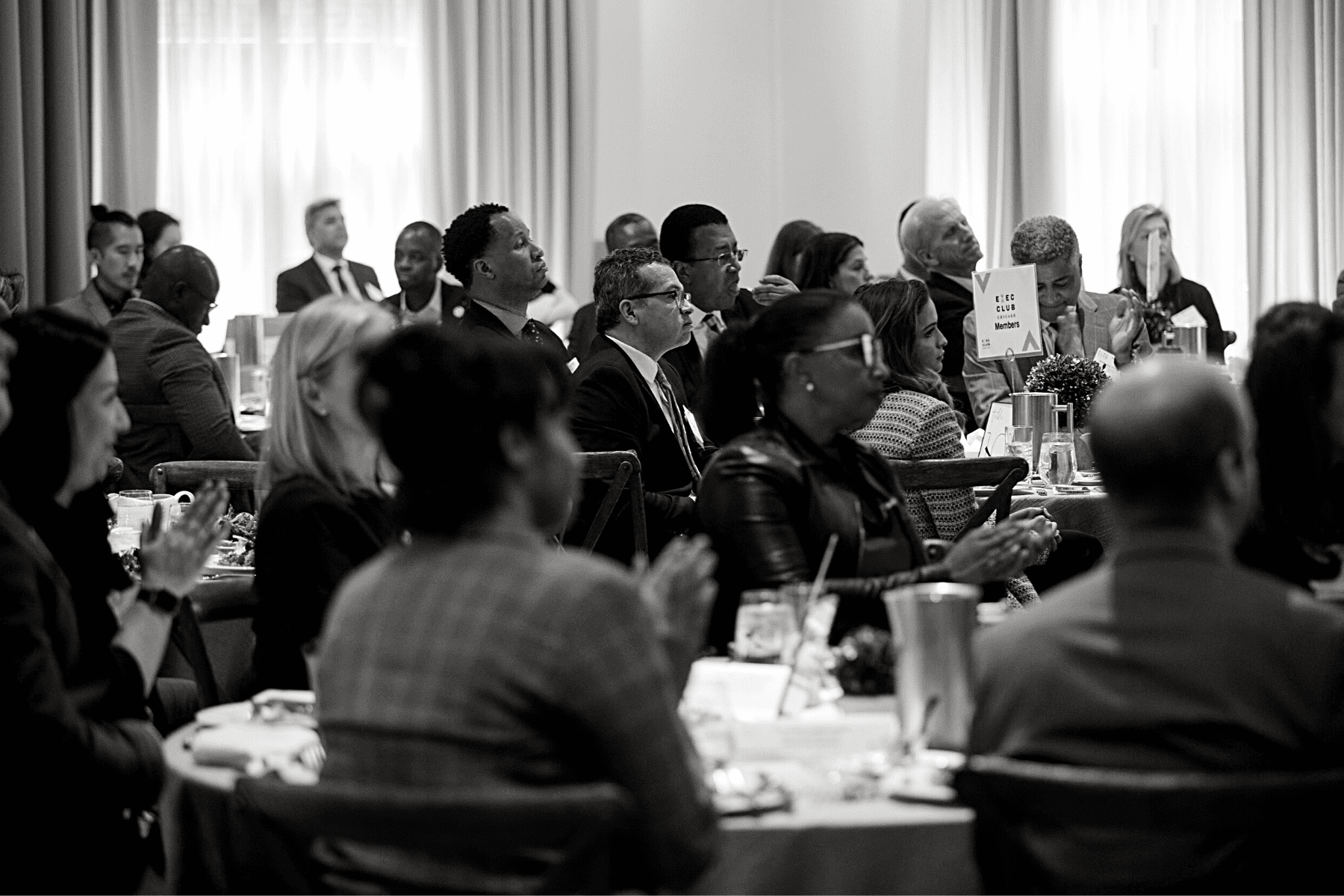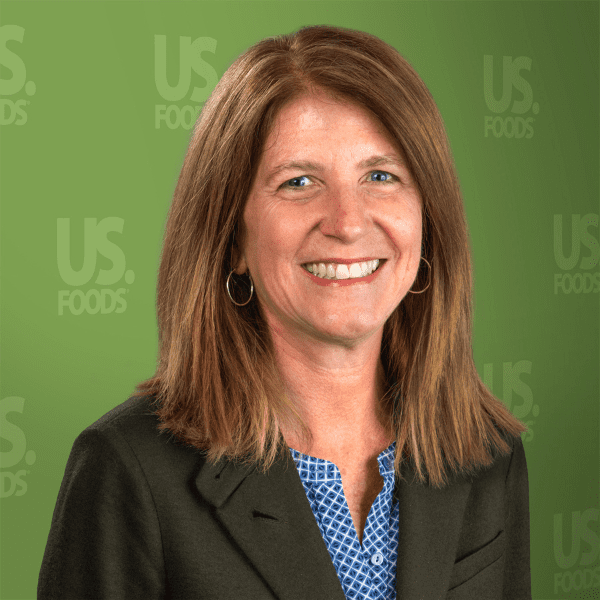
Rob Dongoski
Partner, Kearney

This summit explores the transformative forces shaping the global food system, focusing on geopolitical shifts, evolving consumer preferences, and the increasing role of regulation.
Key topics include the need for a systems-level view of the food value chain, emphasizing collaboration among stakeholders to drive innovation and sustainability. Consumer demand for local, fresh, and transparent food, along with trends like GLP-1 adoption and Gen Z/Millennial preferences, are prompting companies to rethink their strategies.
Advances in technology—such as AI, robotics, and precision agriculture—are revolutionizing both food production and consumer experiences. Additional panels will delve into the future of farming, including emerging technologies and sustainable practices, as well as the retail perspective, addressing food reformulation, delivery trends, cost efficiency, and the push toward personalized nutrition.
This program is closed to the Media. Questions? Reach out to Eva Penar.
This presentation examines the evolving landscape of the global food system, shaped by a combination of geopolitical shifts, changing consumer preferences, and technological innovation. It begins by exploring how trade policies, climate change, and economic transitions are influencing food production and distribution. A systems view of the food value chain highlights the interconnected roles of stakeholders—from producers to retailers—and emphasizes the need for collaboration to foster innovation and sustainability.
The presentation also addresses how shifting consumer demands for local, fresh, and clean foods, coupled with regulatory pressures like the MAHA movement and the rise of GLP-1 usage, are prompting food companies to rethink their strategies. Finally, it showcases how advancements in AI, robotics, and food science are revolutionizing the industry, driving efficiency, transparency, and long-term sustainability.

Partner, Kearney
The landscape of production agriculture is rapidly evolving, shaped by technological innovation, shifting global dynamics, and changing consumer demands.
In this session, we will explore the Farmer of the Future, examining who today’s producers are and how demographics, skills, and roles are expected to transform over the next 10 to 15 years. We’ll also take a deep dive into the Farm of the Future, showcasing how cutting-edge technologies—such as precision ag tools, automation, robotics, and data analytics—are revolutionizing modern farm operations.
For those unfamiliar with current practices, today’s farms are high-tech, efficiency-driven enterprises. We’ll also address pressing Hot Topics influencing agriculture, including the impact of Tariffs and Trade, the rise of Alternative Proteins and Closed Environment Agriculture, and breakthroughs in Sustainable and Regenerative Agriculture.
This comprehensive perspective will provide insights into how production agriculture is adapting and innovating to meet the challenges and opportunities of a rapidly changing world.

Vice President, Farm Foundation

President & CEO, Compeer Financial

Partner, Kearney
This session explores key trends shaping the future of the food industry, emphasizing the need for businesses to stay agile in response to rapidly evolving consumer preferences, such as the growing demand for healthier, sustainable, and personalized food options.
It examines strategies for monitoring these shifts and how food reformulation will play a critical role over the next 3–5 years in aligning products with both consumer expectations and regulatory developments. The program also delves into the rise of food delivery services and how this transformation is reshaping traditional dining experiences.
Additionally, it addresses how innovations in technology and sustainability are driving efforts to produce cleaner and more affordable food. Finally, the program considers the complexities and potential of personalizing the food system at scale, focusing on how data and digital tools can be leveraged to tailor food offerings to individual nutritional needs and preferences.

Vice President, New Innovation Territories, Global R&D, Mars Wrigley

SVP & Chief Marketing Officer, US Foods

Principal, Kearney
Join us for a compelling fireside chat with Jim Zallie, President, CEO, and Director of Ingredion, as he explores the transformative forces reshaping the global food system.
Zallie offers unique insights into how Ingredion—positioned at the heart of the food value chain—is navigating these shifts in supplier, retail, & customer experience.
He will discuss the challenges of scaling specialty ingredients, the role of AI in product reformulation, the growing importance of supplier partnerships, and how generational and technological trends are driving fundamental changes in consumer behavior and food production. Don’t miss this opportunity to hear from one of the industry’s leading voices on the future of food.

President, CEO, and Director, Ingredion

Partner, Kearney
